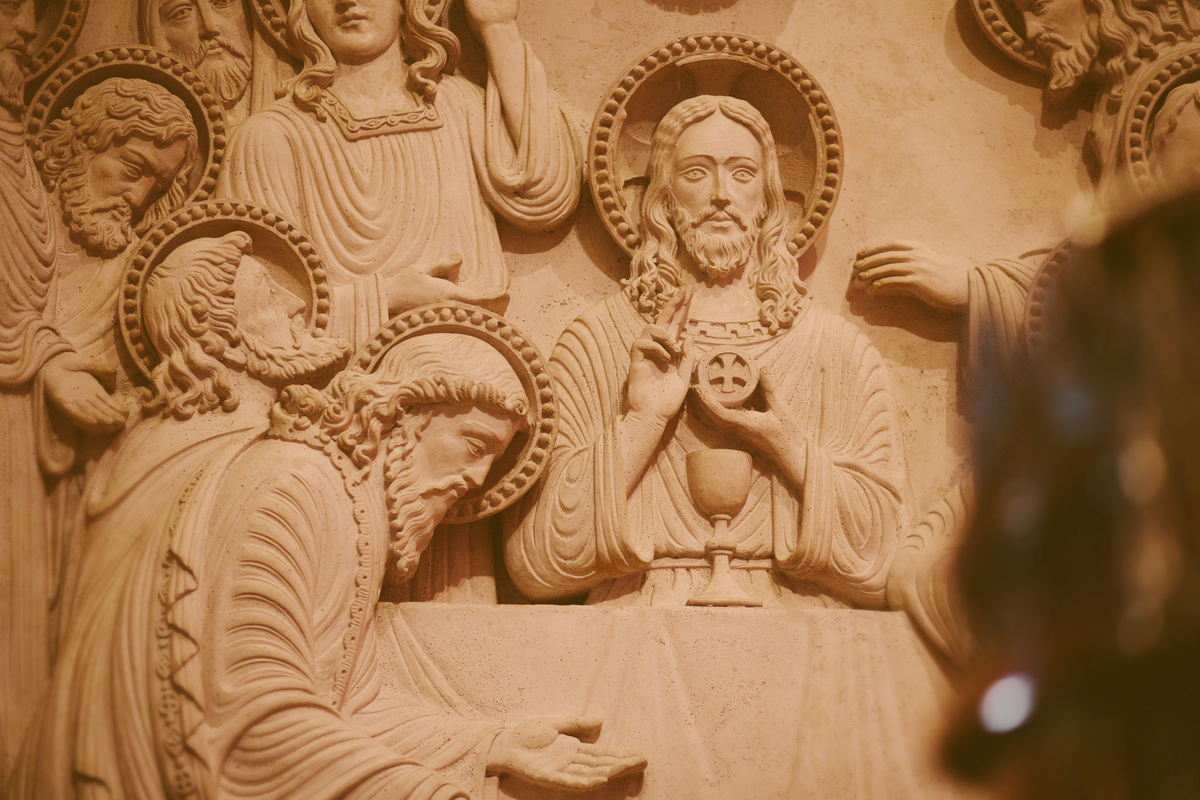The Rev. Dr. Thomas G. Bandy is an internationally recognized author, consultant, and leadership coach for churches and Christian organizations and faith-based non-profits. He is the director of www.ThrivingChurch.com and has authored many planning tools that interface with the demographic research engine of www.MissionInsite.com.
A Revolution in Christian Education
Faith formation is the fulcrum on which everything hinges. So much attention has been focused on reinventing worship during the COVID-19 pandemic that many church leaders have missed the revolution that is unfolding in both children and adult education today. This is a revolution since Horace Mann introduced universal public education in the late 19th century. We are so used to it now (after about 100 years) that we assume the methods Horace Mann imported from Germany are the only ways to do it. That century-old habit, however, is being overturned today.
Horace Mann argued (and every state eventually agreed) that mandatory public education was essential to sustain democracy.
Several key features were introduced that we consider normal today:
- Elementary education was required by law.
- Professional teachers certified by the state should lead it.
- Children should gather in a centralized location and organized into classes by age.
- Curricula should be standardized around common goals for reading, writing, and arithmetic.
- The state and local communities should pool their resources to pay for it.
Churches quickly followed suit to design Christian education:
- Sunday school through Grade 8 was “required” (if not by denominational polity then by peer pressure).
- Trained Sunday school teachers should lead it.
- Children should gather in a centralized location and be organized into classes by age.
- Curricula should be relatively standardized around common goals for biblical literacy, doctrinal agreement, and liturgical conformity.
- Denominations and local churches should pool their resources to support it.
Today all those assumptions are being challenged. Public education is radically revising both goals and methods. Yet Christian educators seem to assume that after COVID-19 everybody will return to Sunday school, in the same place, with the same teachers, the same curricula, funded by the same sources.
Just as worship strategies will never be the same again, so also Christian education will no longer be the same again. Moreover, unless the education strategies change, the new worship strategies will never really succeed. As important as worship is, faith formation is still the fulcrum on which everything hinges.
How will it change?
First, the educational priorities of churches will be turned upside down. In the past, Christian education for children was “mandatory” and adult education was optional. In the future, Christian education for adults will be mandatory and child education will be optional. This is because the responsibility for teaching will revert to parents and grandparents.
Second, former Sunday school teachers will no longer stay in place and wait for the children to come to them. They will now travel and go to the students. Even though parents and grandparents must be educated in the basics of bible, doctrine, and tradition, they are almost never able to exercise the discipline or provide the creativity necessary for children’s education. Therefore, teachers will become tutors. They will come to the home and work (safely) with children in the family or neighborhood. And they will add a fourth element to education: theology. They will tutor students to think, interpret, and behave day to day with integrity.
Third, students will no longer be organized and separated by age. They will be organized around affinity and aptitude, and tutors will help them learn and mature at their own pace. They will socialize among students of all ages, backgrounds, cultures, and languages from their immediate context.
Fourth, denominations and local churches will continue to support Christian education financially … but the budget will shift from printed curricula to computerized technologies. Meanwhile, denominational publishing houses will shift from printed presentational media to online interactive media. And this will demand a different regimen of training for both parents and tutors.
The idea of universal public education was controversial at the start of the 20th century.
It was opposed for three basic reasons. Basic education for children was no longer a choice. Education no longer focused on any particular religion. Mandatory education took children away from home who were needed to support family livelihoods.
In the same way, the new Christian education at the start of the 21st century will be controversial. Basic education for adults will no longer be a choice. Christian education will adjust to cultural and religious diversity not only teaching students what to think but also how to think; and not only learn the right answers, but also ask the right questions.
The Covid 19 experience is changing lifestyle behavior. Dual career households are possible partly because parenting responsibilities for child nurture and education that was central to family life in previous centuries was delegated to professional public-school teachers in the 20th century. As that educational model weakens, many households will need to adjust as parents retake responsibility for education at home.
The same thing will happen in Christian education. Adult faith formation (e.g. adult Sunday school) declined as Christian education was delegated to church schoolteachers and professional staff. Simply stated, parents could rely on professionals to answer the hard questions of life. Now parents need to have the answers themselves.
I welcome any and all questions about using MissionInsite for ministry planning and leadership development.
You can reach me at tbandy@acst.com.
Read More:
HELP! WHAT CAN WE DO TO GROW YOUR YOUTH MINISTRY?
WHAT’S THE DIFFERENCE BETWEEN “MULTI-SITE” AND “FRESH EXPRESSION”?




